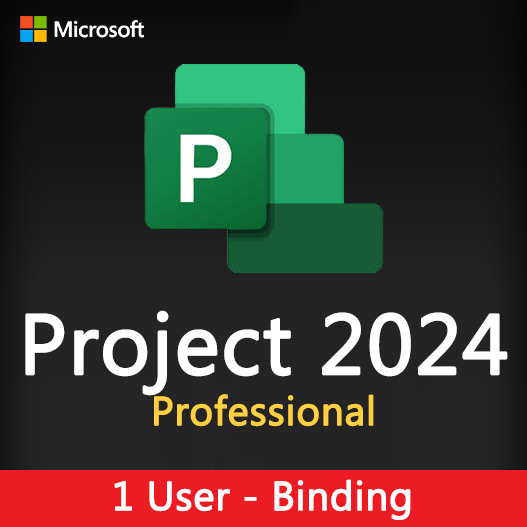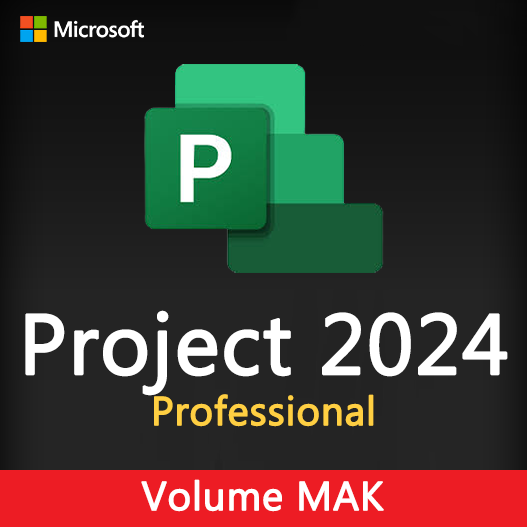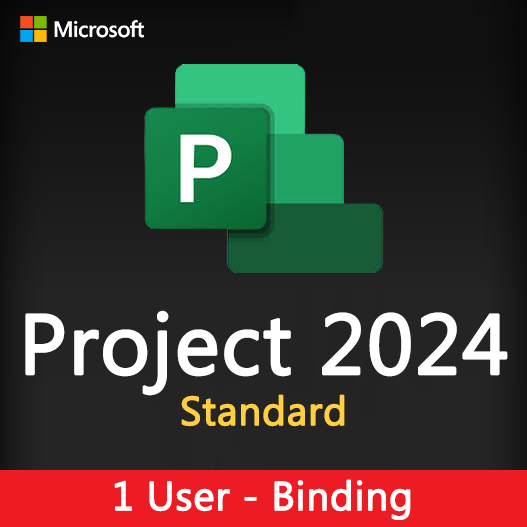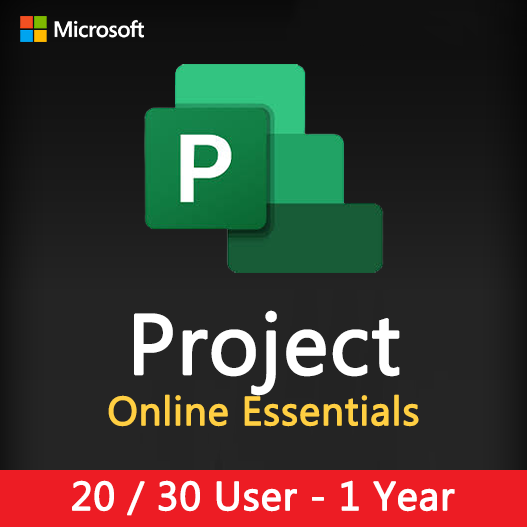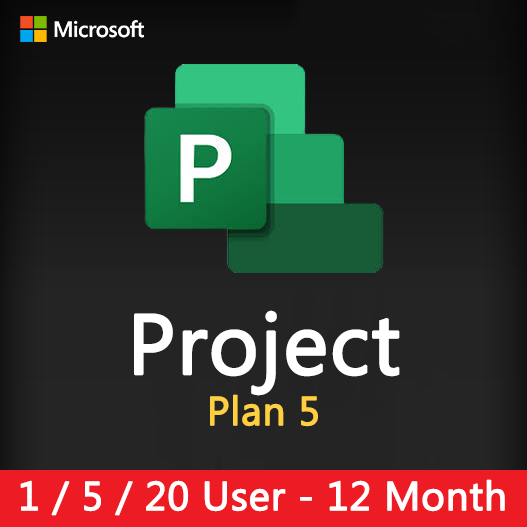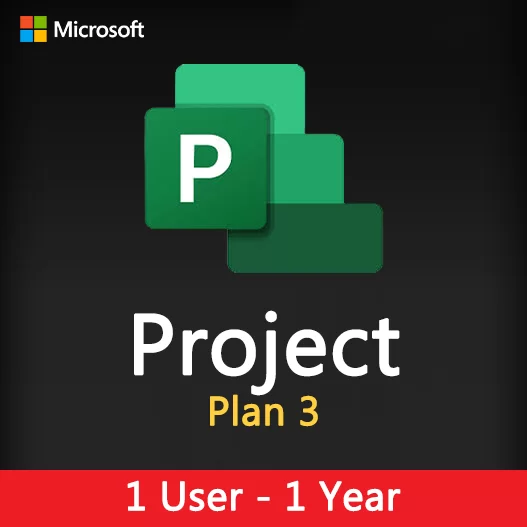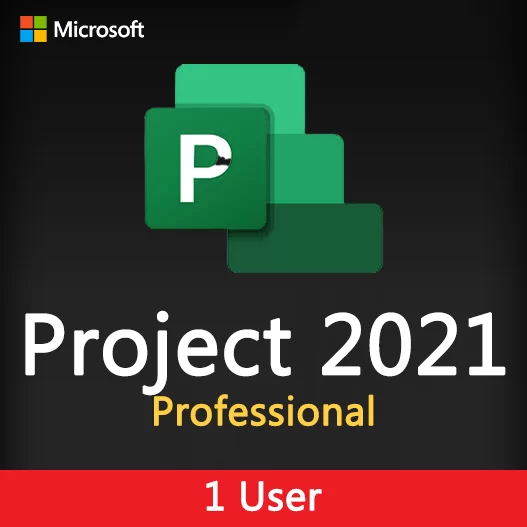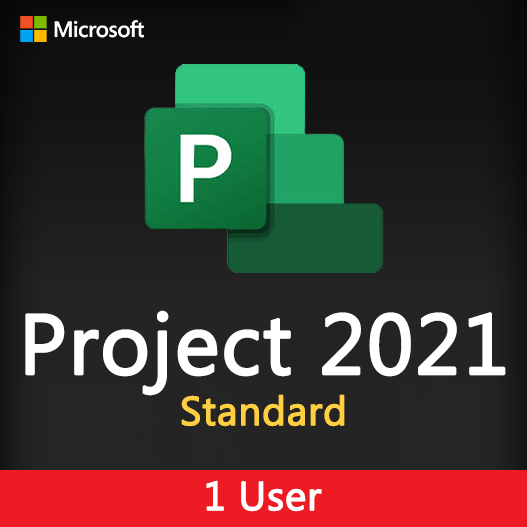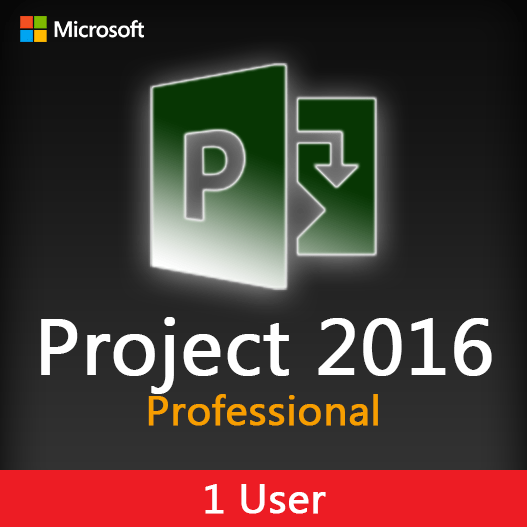Task management is at the core of successful project management. Ensuring that tasks are well-defined, organized, and completed on schedule is vital for project success. Microsoft Project, a powerful project management tool, provides a range of features that facilitate effective task management. In this guide, we’ll explore how to efficiently manage tasks using Microsoft Project for improved project outcomes.
The Significance of Effective Task Management
Effective task management offers several advantages:
- Clarity: It provides a clear view of project progress and upcoming work.
- Efficiency: Task management tools streamline workflows and reduce wasted time.
- Resource Allocation: Proper task management ensures that resources are allocated effectively.
- Deadlines: It helps in meeting project deadlines and preventing delays.
Task Management Features in Microsoft Project
Task Creation and Assignment
Create tasks and assign them to team members, specifying start and finish dates.
Task Dependencies
Define task dependencies to establish the sequence in which tasks should be completed.
Gantt Charts
Visualize task timelines and dependencies using Gantt charts.
Resource Allocation
Allocate resources to tasks, ensuring that the right people are assigned to the right work.
Task Constraints
Apply task constraints to set conditions that must be met for task scheduling.
Critical Path Analysis
Identify the critical path to pinpoint tasks that directly impact project completion.
Tips for Effective Task Management
Detailed Task Descriptions
Provide detailed task descriptions to ensure team members understand their responsibilities.
Clear Deadlines
Set clear and realistic deadlines for each task.
Regular Updates
Encourage team members to provide regular task updates to monitor progress.
Resource Optimization
Continuously optimize resource allocation based on project needs.
Task Prioritization
Prioritize tasks to ensure critical work is completed first.
Risk Assessment
Identify potential risks that may impact task completion and develop mitigation plans.
How to Manage Tasks Effectively in Microsoft Project
- Task Creation : Start by creating tasks, specifying details, and assigning them to team members.
- Task Dependencies : Define task dependencies to establish the order in which tasks should be completed.
- Resource Allocation : Allocate resources to tasks based on availability and skill sets.
- Gantt Chart Visualization : Use Gantt charts to visualize task timelines and dependencies.
- Regular Monitoring : Continuously monitor task progress and update the project plan as needed.
- Critical Path Analysis : Identify the critical path to focus on tasks that impact project completion.
Effective task management is the foundation of successful project execution. Microsoft Project’s task management features empower project managers to plan, assign, and monitor tasks efficiently. By following the tips and steps outlined in this guide, you can streamline your task management processes, optimize resource allocation, and ensure that your projects are completed on time and within scope.
Recent posts

Project Quality Assurance and Microsoft Project
Learn how to implement effective project quality assurance using Microsoft Project for better project outcomes and compliance.

Resource Leveling Techniques in Microsoft Project
Learn how to optimize resource allocation and prevent resource overallocation in Microsoft Project for smoother project management.

Project Team Collaboration with Microsoft Project
Explore how Microsoft Project enhances project team collaboration, enabling efficient communication and coordination for successful projects.
